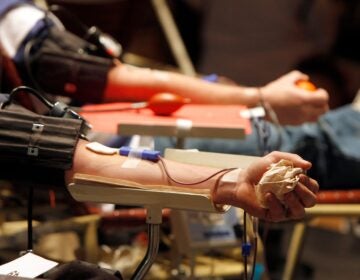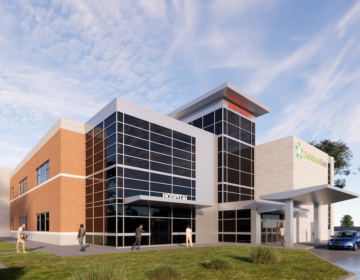When Every Second Counts: Advances in Cardiac Care
With cardiac emergencies, every second counts. We look at the latest innovations saving patients and their hearts.
Listen 48:49
The past century has seen a revolution in cardiac care, from the invention of defibrillators and CPR to the development of pacemakers and open-heart surgery. And yet, even today, only about one in 10 people survive cardiac arrest — only when they receive immediate help.
In fact, cardiac arrest is one of the most time-sensitive conditions that doctors and patients face, with every minute of delay decreasing odds of survival by 10 to 15 percent. That’s why researchers and physicians are working constantly to find ways of delivering care faster and better.
On this episode, we look at advances in cardiac care, and what we’re learning about the pump that keeps us alive. We hear stories about how and why CPR works, efforts to create a new, user-friendly generation of defibrillators, and what it’s like learning to live with life-saving devices implanted in your heart.
Also heard on this week’s episode:
- Chris Donges was a healthy 30-year-old when what he received a shocking diagnosis: heart failure. Producer Nichole Currie tells the story of Donges’ journey learning to live with the device that would save his life — a left ventricular assist device onto Chris’ heart, also known as an LVAD.
- When 26-year-old science writer Ashley Yeager found out she had a serious heart condition, her doctors offered her a life-saving solution: a defibrillator implanted directly in her chest. As she soon learned, when the defibrillator goes off, it’s a shock in more ways than one — and can have a serious emotional impact. Reporter Alan Yu looks into a new branch of mental health care aimed at helping the hundreds of thousands of people living with these devices.
Segments from this episode
WHYY is your source for fact-based, in-depth journalism and information. As a nonprofit organization, we rely on financial support from readers like you. Please give today.






